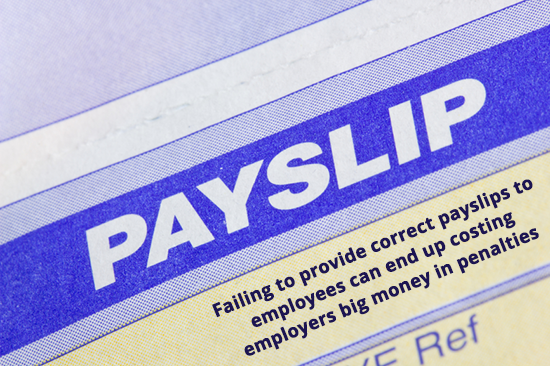Ensuring correct employee payslips is not only a legal obligation under Australian law but also crucial for maintaining transparent and fair workplace practices. Accurate payslips help employees understand their earnings, entitlements, and any deductions made. This article covers the essential components that must be included on a payslip, common mistakes employers should avoid, and the consequences of failing to comply with Fair Work requirements.
Not keeping correct Pay Slip records can be Game Over for your Business
Do you play video games?
When my sons were young, I would spend happy hours helping them solve puzzles and cheering them on as they tried to beat the bosses.
One game that we all loved was called Zelda: Ocarina of Time. In the Goron temple, our hero “Link” is trying to run up a hill while huge boulders are rolling down. He dashing left, feigning to the right and jumping when he can. If he takes one false step – it’s game over.
When you’re running a business and employing staff, there’s lots of situations when you might feel like Link. There’s regulations to stick to and penalties to avoid, and sometimes making a simple mistake can knock you flat.
One regulation that is often overlooked by small business owners, is the requirement to provide proper payslip records, especially when you pay your staff through electronic banking.

This particular Fair Work requirement can cause havoc if you don’t provide the right records within the required times frame and it will cost:
- $1878 per infraction for an individual; or
- $9390 per infraction for companies and other legal entities.
See Fair Works Page on Infringement Notices
So in that light let’s take a look at what you should be doing when you pay your employees.
Each employee should be given a payslip, hardcopy or electronic within one (1) day of being paid, whether they are at work or on leave.
The payslip should include the following information:
- the employer name and ABN
- the employees name
- date of payment and period of payment eg 1/3/2013 – 8/03/2013
- the gross and net amount of payment
- any loadings, allowances, bonuses, penalty rates etc
It should also include the following information if relevant
- the hourly pay rate and number of hours worked at that rate and the total paid if the employee is paid at an hourly rate.
- any deductions and or superannuation – how much and where the payment is going to (eg details of fund or account including name, numbers, account numbers).
Details of Family or Domestic Leave must NOT be recorded on payslips.
If the payslips are issued electronically they need to
- include the same information as a hard copy,
- be in a format that is easy to print
- be sent via email or into a personal electronic account.
You also need to ensure that any employee who is sent electronic payslips are able to view or print them privately.
For more information see the Fair Work website
Are your employment agreements in writing?
Just as correct payslips help you to keep a proper record of the employees working hours, a written agreement allows you to clearly set out the conditions and obligations of the employment arrangement between you and the employee.
This gives both parties a clear picture of where they stand and minimises the potential for misunderstanding and conflict.
RP Emery offers you a range of professionally drafted employment contracts meet the requirements under current fairwork policy.
 Full time Employment Contract
Full time Employment Contract
This contract is for employees who are employed under a modern award where the standard award entitlements apply. Full time employee’s usually work at least 38 hours per week and are steadily and continuously employed. They usually have set hours and days of work. Full time employees are entitled to various benefits including sick leave, holiday leave, holiday pay and superannuation.
 Casual Employment Contract
Casual Employment Contract
This agreement is for casual employees who are employed under a modern award where the standard award entitlements apply. A Casual employee is generally hired on an informal, uncertain and irregular basis. They don’t usually receive sick leave or annual leave and should be paid a casual loading to offset this lack of entitlements.
Bar staff or shop assistants who are never exactly sure when they will be required for work are prime examples.
 Permanent Part-time Employment Contract
Permanent Part-time Employment Contract
This employment contract is suitable for part time employees employed under a modern award where the standard award entitlements apply.
Part time employees work less hours than full time employees. However, they receive all of the entitlements of full time employees calculated on a proportional basis.
 Fixed Term Employment Agreement
Fixed Term Employment Agreement
Suitable for Fixed Term employees employed under a modern award where the standard award entitlements apply.
A Fixed Term Employment Agreement is suitable for use where a staff member is being employed for a set length of time, with a specified end date for the employment. For example, to complete a specific project or to replace staff taking long service or maternity leave.

